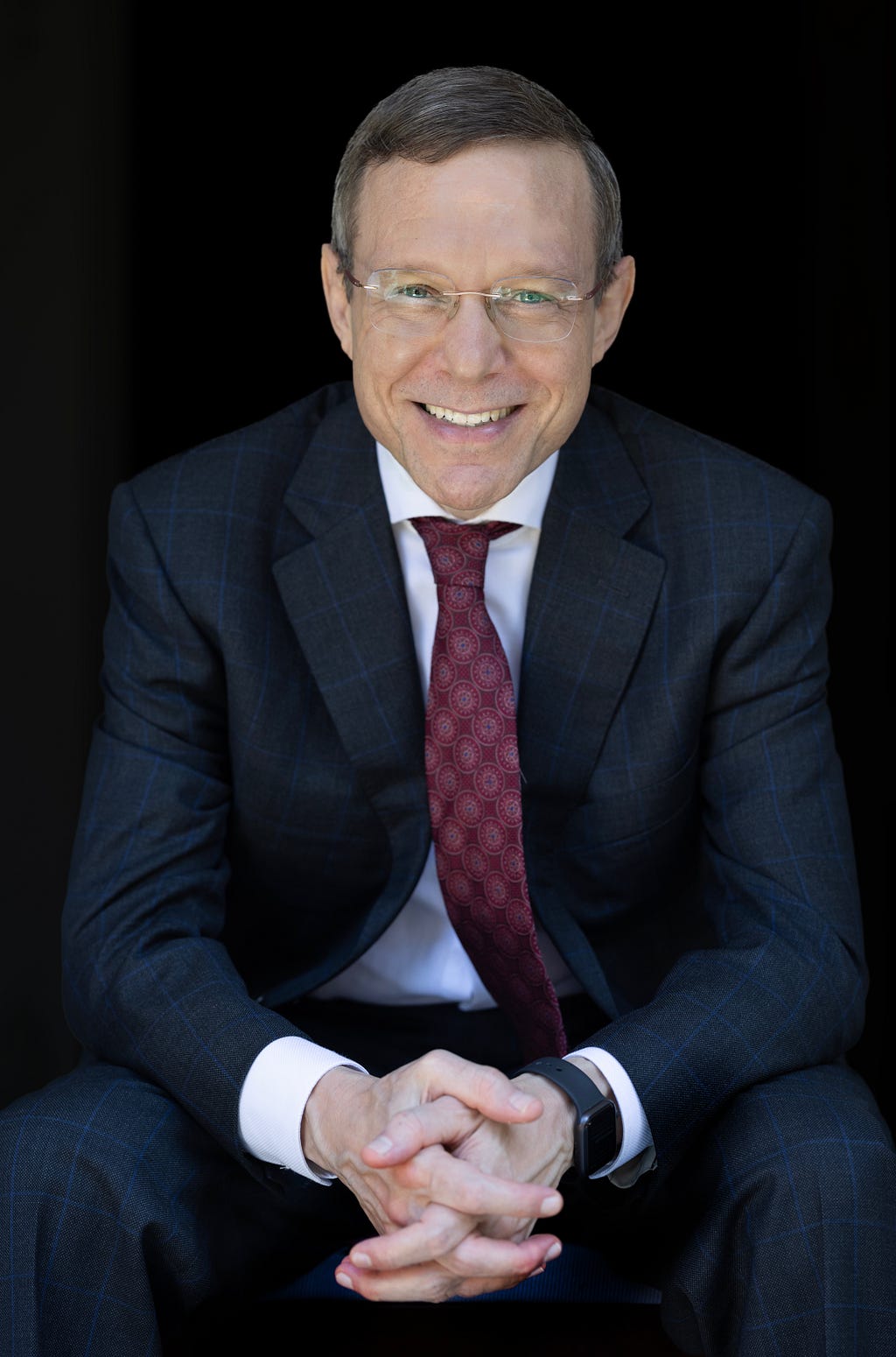
In his book titled “Like a Virgin: Secrets They Won’t Teach You at Business School,” the visionary Richard Branson wrote: “The brave may not live forever — But the cautious do not live at all.”
This theme resonates well with my experience involving the scientific search for aliens. As explained in the New York Times Magazine article titled: “How a Harvard Professor Became the World’s Leading Alien Hunter,” it is challenging to deviate from the beaten path and explore the unknown. Last night I gave an overview on the Galileo Project at Richard Branson’s Necker Island. Two years ago, I gave a talk at the Island about our plans to go on an expedition to the Pacific Ocean in order to retrieve materials from the first recognized interstellar meteor. Yesterday, I summarized our findings and explained our plan to use a robot with a video feed in order to retrieve larger pieces of the meteor in our next expedition. Some of the event attendees told me that they chose to attend the leadership summit in the Island this week primarily in order to meet me.
As intelligent beings, we share a habitable rocky island in the wilderness of a vast, dark ocean of interstellar space. The radius of Earth is six billion times smaller than the distance to the nearest star, Proxima Centauri. Yet, we spend our life exploring what lies on terrestrial scales and arrogantly favor matters down to Earth. Our space missions serve as advertisements for national pride or personal wealth, rather than raw curiosity and scientific exploration. These traits illustrate the limit of our intelligence, and might explain why aliens are not interested in us.
During my morning jog at sunrise, I had a conversation with a talking parrot along the path that kept repeating my words. This reminded me how easy it is to repeat what we already know rather than explore the unknown.
Subsequently, I had the privilege of having breakfast and lunch with Richard. We discussed artificial intelligence (AI), interstellar travel, aliens and the chicken that was on the menu for lunch. We have chicken on the menu because we regard them as less intelligent than us. I noted that if AI implants were installed in chickens to make them smarter, then we would have had an ethical problem serving them for lunch. On the other side of the argument, if we were consistent with the approach of eating the least intelligent beings on Earth, we might have served some DC politicians for lunch. Finally, an existential concern: if aliens with superhuman intelligence were to visit Earth, they might serve us for their lunch.

Richard mentioned a 1989 April Fools’ Day prank in which he flew a hot air balloon that looked like a UFO over London. After landing, a person dressed in an alien suit came out and frightened a British policeman who was approaching the balloon.
Of course, most aliens will never arrive at Earth but instead die on their home planet as a result of local catastrophes, like a giant impact, a nearby supernova explosion or the brightening of their host star. We were not around to hear their cries for help. Finding their relics in a focused effort of space archaeology would educate us about how to cope with our own existential threats. Will humans become an endangered species in the age of AI, like some of the animals in Richard’s Island?
At the end of an infinity pool near my accommodation, I noticed the signs: “Caution: Infinity Edge” and “No Lifeguard on Duty.” These signs reminded me of our existential status. What we regard as infinitely long, like the habitability of Earth, actually has an end and no one is around to save us. Through his kindness and positivity, Richard helped in founding the organization called “The Elders,” which promotes world peace. I told him that six months ago, I served on the selection committee of the first Miwon Peace Prize and we chose “The Elders” as the prize recipient among many candidates worldwide. Peace is the trademark of intelligence. We must learn from the elders in our cosmic neighborhood. The oldest civilizations are the fittest because they learned how to survive for the longest time.

During lunch, I asked Richard: “At the end of your life, as you are en-route to heaven, how would you actually know when you reach heaven? After all, you already reside on Necker Island, which is heaven on Earth.” He replied: “I never get used to it.”

ABOUT THE AUTHOR

Avi Loeb is the head of the Galileo Project, founding director of Harvard University’s — Black Hole Initiative, director of the Institute for Theory and Computation at the Harvard-Smithsonian Center for Astrophysics, and the former chair of the astronomy department at Harvard University (2011–2020). He is a former member of the President’s Council of Advisors on Science and Technology and a former chair of the Board on Physics and Astronomy of the National Academies. He is the bestselling author of “Extraterrestrial: The First Sign of Intelligent Life Beyond Earth” and a co-author of the textbook “Life in the Cosmos”, both published in 2021. The paperback edition of his new book, titled “Interstellar”, was published in August 2024.